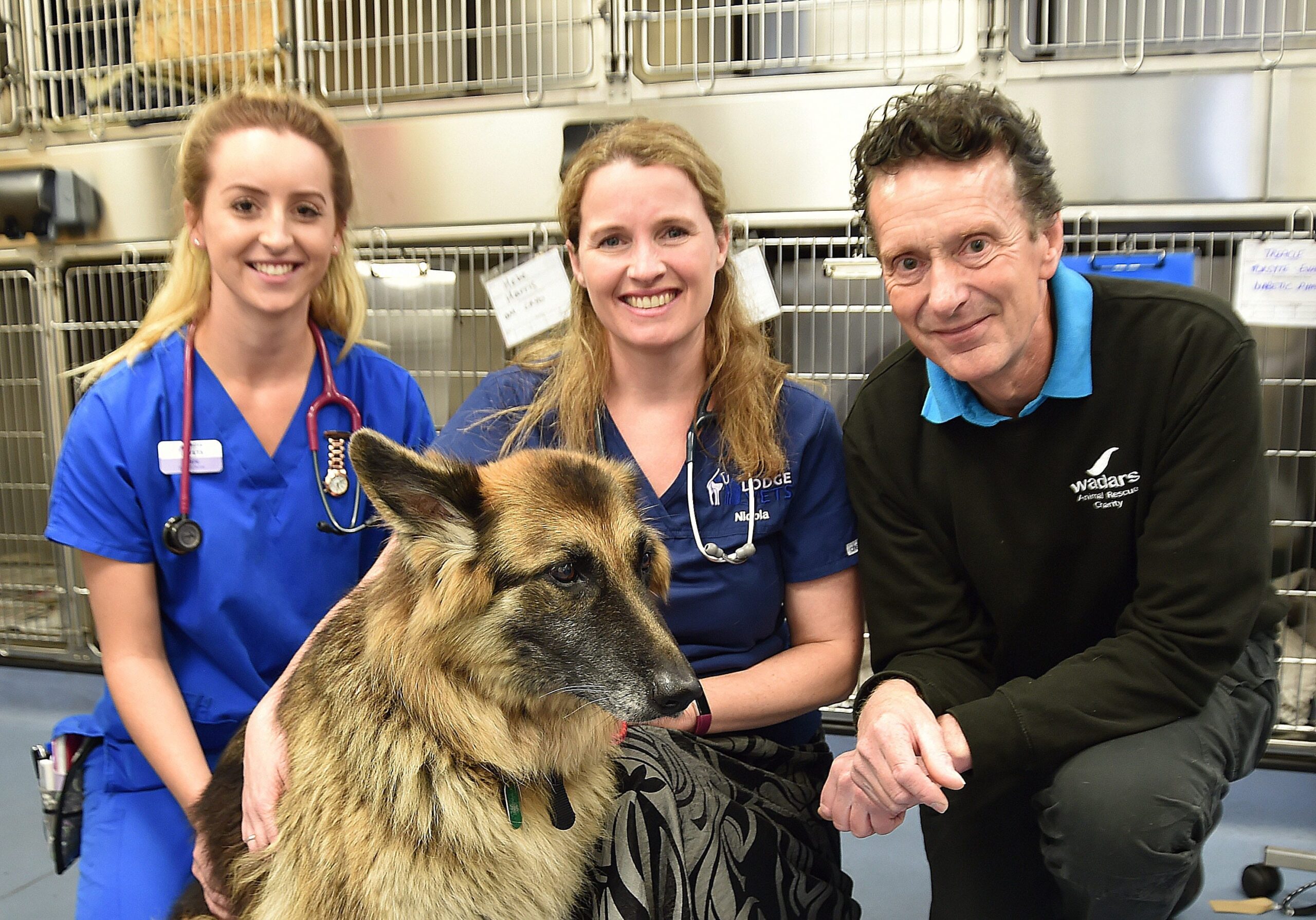How Animal Hospitals Contribute To Animal Rescue Success

Animal rescue partners play a crucial role in saving and caring for animals. Yet, the support of animal hospitals ensures their success. You see these hospitals providing essential care and expertise that rescued animals desperately need. Take, for example, an animal hospital in Fort Collins, CO. Their skilled teams offer medical exams, vaccinations, and surgeries that lay the foundation for healthier futures. They also provide insight into the unique needs of rescues. This knowledge helps match animals with suitable homes. By working hand in hand with rescue groups, animal hospitals increase the chances of a smooth transition for each animal. The journey doesn’t end there. Ongoing support from veterinarians ensures that every rescued animal gets the routine care they need to thrive. This collaboration creates a strong network committed to the well-being of every animal. Together, they create a brighter future for countless creatures in need.
Medical Support and Expertise
Animal hospitals provide critical medical support. They conduct thorough health assessments and exams. This helps identify any underlying health problems early on. Animal hospitals also administer necessary vaccinations to protect animals from diseases. Surgeries, when needed, are performed to address urgent health concerns. This level of care goes beyond the basics, ensuring rescues start on the right paw. The expertise of veterinary teams is indispensable. Their ability to diagnose and treat various conditions is essential for a smooth recovery.
Building Strong Partnerships
Rescue organizations and animal hospitals form strong partnerships. These relationships are built on trust and mutual goals. Animal hospitals often collaborate with rescues to develop health plans that suit each animal’s needs. Such plans include regular check-ups and tailored treatments. By working together, they ensure animals receive consistent care, increasing their chances of adoption. These partnerships also provide rescues with access to resources and knowledge, enhancing their ability to care for animals effectively.
Emphasizing Preventive Care
Preventive care is a cornerstone of successful animal rescue missions. Animal hospitals focus on preventing health issues before they arise. Routine check-ups, dental care, and parasite prevention are just a few examples. This proactive approach reduces the likelihood of future health complications. It also helps keep medical costs down for both rescues and adopters. Animals are healthier and happier when preventive measures are in place, making them more appealing to potential adopters.
Educational Resources
Animal hospitals offer a wealth of educational resources. They educate rescue staff and adopters on proper animal care. Topics range from nutrition and exercise to behavioral training. Understanding these aspects is crucial for ensuring a smooth transition to a new home. By providing education, animal hospitals empower rescuers and adopters alike. This knowledge leads to better decision-making and improved outcomes for rescued animals.
Long-Term Impact on Rescues
The support of animal hospitals extends beyond immediate care. They contribute to the long-term success of rescue missions. Veterinarians offer guidance on animal behavior and mental health. This insight is vital for managing animals with special needs. The impact of these efforts is evident in the increased adoption rates and lower return rates. Animals that receive comprehensive care are more likely to find and stay in loving homes. Long-term partnerships lead to better outcomes for animals and rescue organizations alike.
Comparing Outcomes: Rescue and Hospital Collaboration
| Aspect | With Hospital Support | Without Hospital Support |
|---|---|---|
| Health Assessments | Thorough and timely | Limited and delayed |
| Vaccination | Up-to-date and comprehensive | Incomplete or overdue |
| Adoption Rate | Higher | Lower |
| Return Rate | Lower | Higher |
Government and Educational Resources
To learn more about animal rescue efforts, visit the ASPCA. They offer comprehensive information on rescue work and animal welfare. For educational insights on veterinary services, the University of Illinois College of Veterinary Medicine is a valuable resource.
In summary, the collaboration between animal hospitals and rescue organizations is vital. Their combined efforts ensure animals receive the best care. This partnership leads to successful adoptions and healthier animals. By focusing on medical support, preventive care, and education, animal hospitals make a lasting impact on the lives of rescued animals. Together, they create hope and new beginnings for animals in need.

